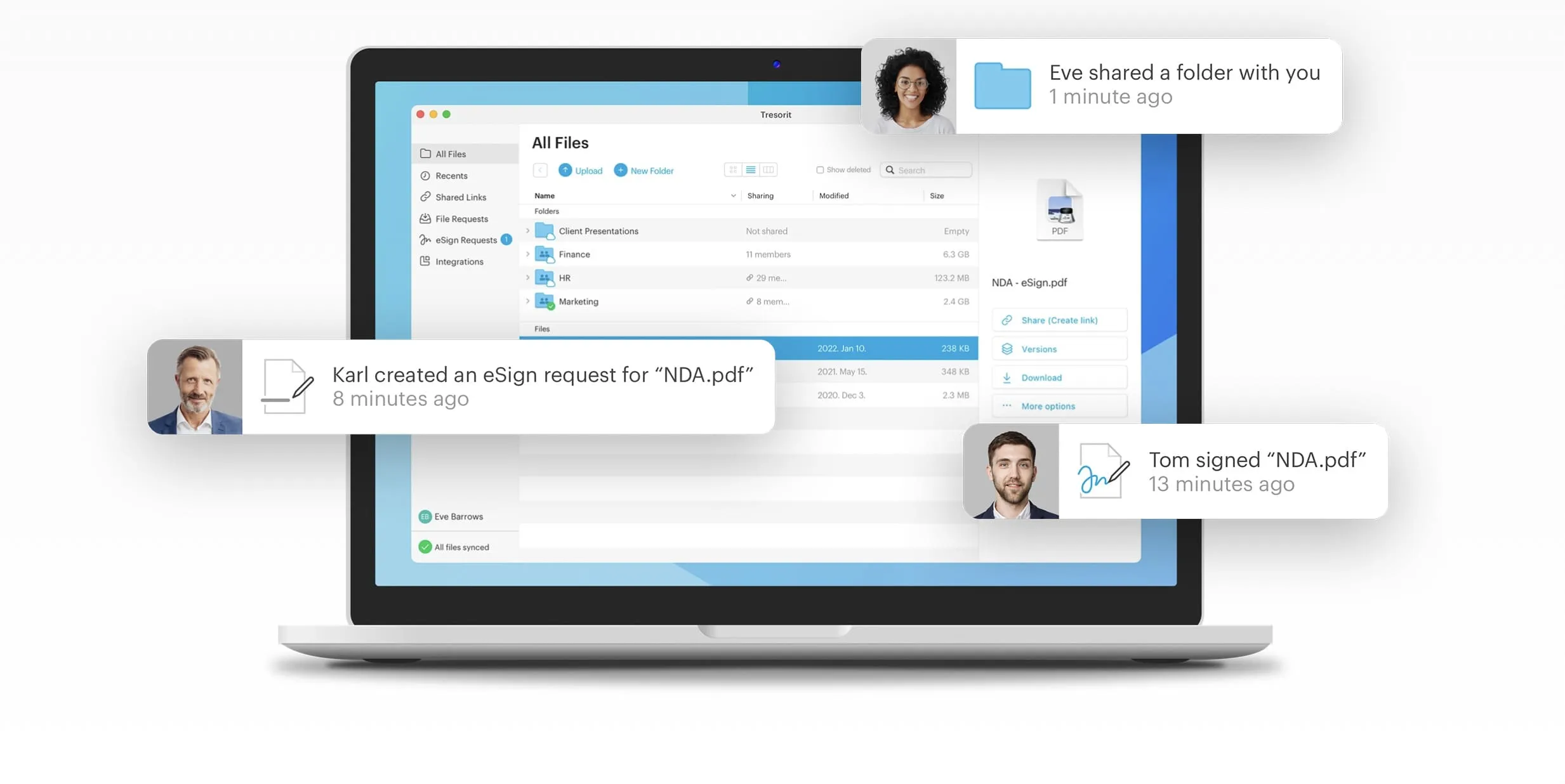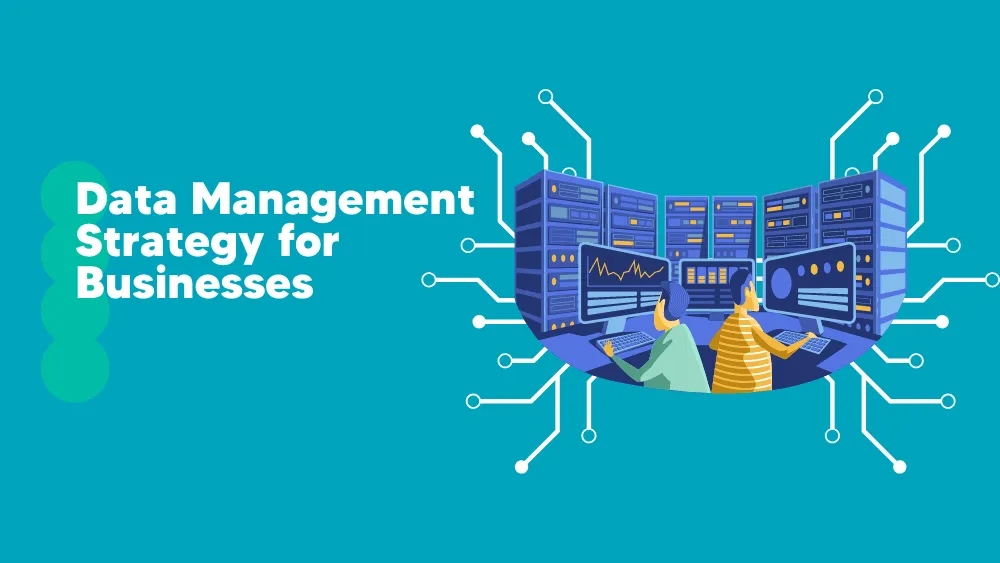Importance of data for business
Data is the name of facts and figures collected through different mediums. The data based on customers’ feedback is particularly significant for organizations to make future decisions. However, the raw form of particulars is useless as it gives no clue about customer behavior. Customers give feedback according to their taste and experience with the product or services. Millions of customers use their products according to their needs. The use of a product depends on certain factors like care, need, geography, and user expertise.
For this reason, processing data is essential to get an average view of the merchandise. DMS includes collection, processing, storage, sharing, and use. So, data processing is a prominent field as it enables executives to make evidence-based decisions.
How to manage data efficiently?
The importance of data management is irrefutable. Beginners and well-established institutions need data and efficient management. But unfortunately, it is hard to compile, store, and use this data for fruitful purposes. Data collection is the most important function, and it takes a lot of effort to collect data from customers through emails, SMS, survey questions, and direct calls. On the other hand, data storage is not difficult as hard disks have huge capacities.
Moreover, cloud storage is a great facility for saving data which can be helpful for data recovery in case of any mishap. However, data management needs certain technology to process data easily and effectively. Software applications are the best sources for data processing to give it the shape of useful evidence for decisions.
Data administration tools to use
-
Tresorit
Tresorit is a master data management application that allows beginners to handle data efficiently without previous knowledge and experience. Its benefits include strong efficacy, centralized data management, reduced expenses, and easy configuration. The tool helps solve most data-related problems like lack of data governance, physical data duplication, and absence of collaboration. It is unique due to its end-to-end encryption, redundant storage for multiple storage nodes, remote swipe to delete data in case of any mishap easily, zero-knowledge system to ensure authorized usage only, and privacy through a more secure legal system.

-
Dropbox
Dropbox is one of the best data management tools for individuals and businesses, but it has outstanding usability for the individual level. In addition, it offers strong integration features with other platforms. File sharing and syncing features are the specialties of this easy-to-use application. It also ensures privacy and security for a better experience of data sharing, storing, and processing.

-
Google Drive
A cloud-based data administration system designed for businesses as well as individuals. Data security measures are excellent, and video meeting and recording features make it an outclass choice for beginners and professionals. In addition, it provides fast dealing out of data because of its collaboration with other platforms.
Data management strategy
Data management is essential for individuals and businesses due to over-dependence on communication technology. The following are the important steps to developing an organized and efficient data management strategy.
-
Identification of business goals
A set destination is necessary to plan the journey. It is necessary to identify and clearly define the industry’s intention. General objectives, kind of data required, and information to move ahead with this data. Definite aims and objectives remove the hurdles of doubt and hesitation. It lowers the chances of distraction that may result in wasting time and sources.
-
Development of reliable data processes
Collection, preparation, storage, and distribution of data are important processes for data management. All these processes should be performed through reliable and true resources. If the resources used are untrue, the effort is useless, as the decisions based on this data will bring the desired results.
-
Use of technology
The use of technology is increasing in every field of life. Its importance increases for beginners who don’t have any professional experience in the processing of facts and figures. The abovementioned tools are reliable and widely used by organizations for this purpose.
-
Ascertain data governance
Quality, security, transparency, and privacy are key to establishing data control. In addition, these qualities ensure that data processed through these measures will be more fruitful.
-
Practice and execution
Practice is the way to perfection. The data users are not always experts. They should practice data regularly to execute it confidently.
Data processing is crucial for organizations to take measured steps for future concerns. In this technology age, tools are necessary as they guide us through all connected preferences. The managers must understand the qualities and related precautions to assert the usefulness of the information. Necessary measures must be kept in mind while developing efficient data strategies.



